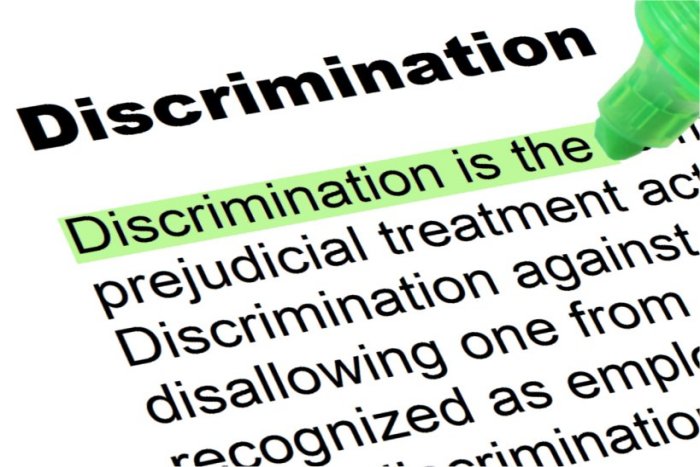“Jane,” who is in her 30s, has not had an easy time finding a job since a drug sale conviction in New York City in her late teens. But thanks to the state’s record sealing legislation, the life she’s always imagined is now within reach.
“Searching for jobs was an unimaginably difficult task prior to my sealing,” said Jane, whose felony was her first and only offense. “It seemed that no matter how hard I tried or how suitable the job was, there was absolutely nothing I could do to save myself from the constant judgment I had to face. People assumed the very worst.”
Jane is one of thousands of New Yorkers eligible for record sealing, yet she and just a few hundred others have taken advantage of last fall’s legislation.
“The latest number was that 346 individuals have successfully sealed their records under the new law,” said Long Island-based attorney and advocate Rick Collins, who played a critical role in the record sealing law’s passage. “Most people don’t know about the new law as it passed as part of a larger budget package, and it was not the front headline.”
What to know about record sealing

To be eligible for record sealing, convictions must be 10 years prior or more and non-violent. Individuals must have no more than two convictions, either one felony and one misdemeanor or two misdemeanors.
“It’s very tailored to limit eligibility to people who have minimal criminal histories and low-level, non-violent crimes,” Collins explained.
Costs vary, and while not required, Collins suggests hiring an attorney as applications need to be properly filed to a district attorney and the courts. And since a judge can request a hearing, “a prosecutor can oppose the application, which can put an unrepresented person into a courtroom with a seasoned prosecutor — and adversary.”
The application needs to include information on how the criminal conviction has impacted the applicant’s life and prevented them from achieving goals, as well as “how they’ve done their best to live a law-abiding life,” Collins said. “Then it is a discretionary decision by a judge to grant or deny that application.”
If approved, the record will be sealed from public view — but not law enforcement.
Life after record sealing

Before New York became one of the last states to allow record sealing, “there was no opportunity to ever get out from under the stigma of that conviction,” Collins said. “The collateral consequences of a criminal conviction are numerous — it can affect everything from employment to education to housing to getting a loan and certain licenses.”
They are costs his client Jane knows all too well.
“Rather than being a kid who made a mistake, I was dubbed a ‘felon,’ she said. “People didn’t really seem to care what kind of person I had grown into. Unfortunately when you make a mistake related to drugs, it’s extremely hard to live it down. Once a drug felon, always a drug felon.”
But that stigma is finally over. Since Jane had her record sealed earlier this summer, “I have found a job in management,” she shared. “What’s better is that that’s not good enough for me. I’m finally able to go beyond the mediocre and strive for the best. I intend to go back to school and complete a degree in education. My life will finally have meaning again.”














